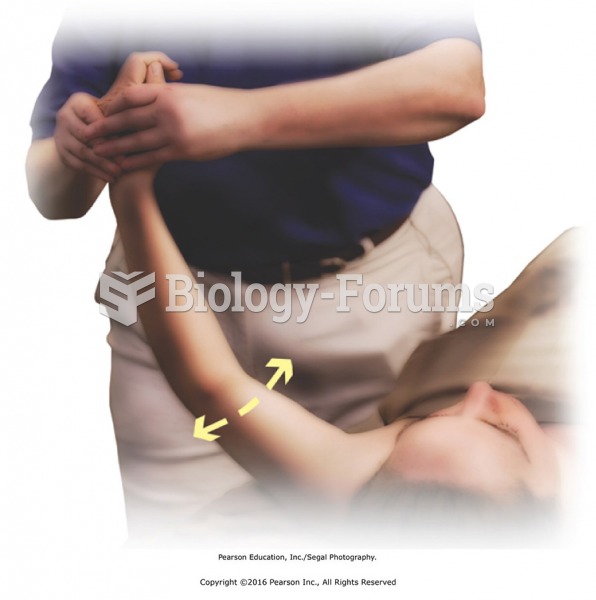Answer to Question 1
Correct Answer: 1
Rationale 1: TCAs are often added as an adjuvant medication in neuropathic pain management, as with this client.
Rationale 2: While a benefit of TCA administration is that the client often sleeps better at night, this is not the reason the drug is being added to this client's regimen.
Rationale 3: Although clients might become depressed with chronic pain, the TCA is used for neuropathic pain management.
Rationale 4: In this case the purpose of the antidepressant does not involve depression.
Global Rationale: TCAs are often added as an adjuvant medication in neuropathic pain management, as with this client. While a benefit of TCA administration is that the client often sleeps better at night, this is not the reason the drug is being added to this client's regimen. Although clients might become depressed with chronic pain, the TCA is used for neuropathic pain management. In this case the purpose of the antidepressant does not involve depression.
Answer to Question 2
Correct Answer: 3
Rationale 1: This does not address the client's need for pain management. Nonopioid drugs have a low risk of dependency, and are ideal for this client.
Rationale 2: Complementary therapies might not completely relieve pain. This client certainly can also use nonopioid drugs with a low dependency risk.
Rationale 3: Nonopioid analgesics have a very low rate of dependency, and might be the ideal drug choice for this client.
Rationale 4: Clients with a history of addiction do not have a time period when they are not at risk again for addiction.
Global Rationale: Nonopioid analgesics have a very low rate of dependency, and might be the ideal drug choice for this client. There is no reason to postpone the surgery as nonopioid drugs have a low risk of dependency, and are ideal for this client. Complementary therapies might not completely relieve pain. This client certainly can also use nonopioid drugs with a low dependency risk. Clients with a history of addiction do not have a time period when they are not at risk again for addiction.







